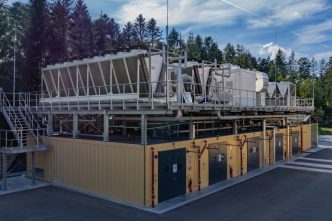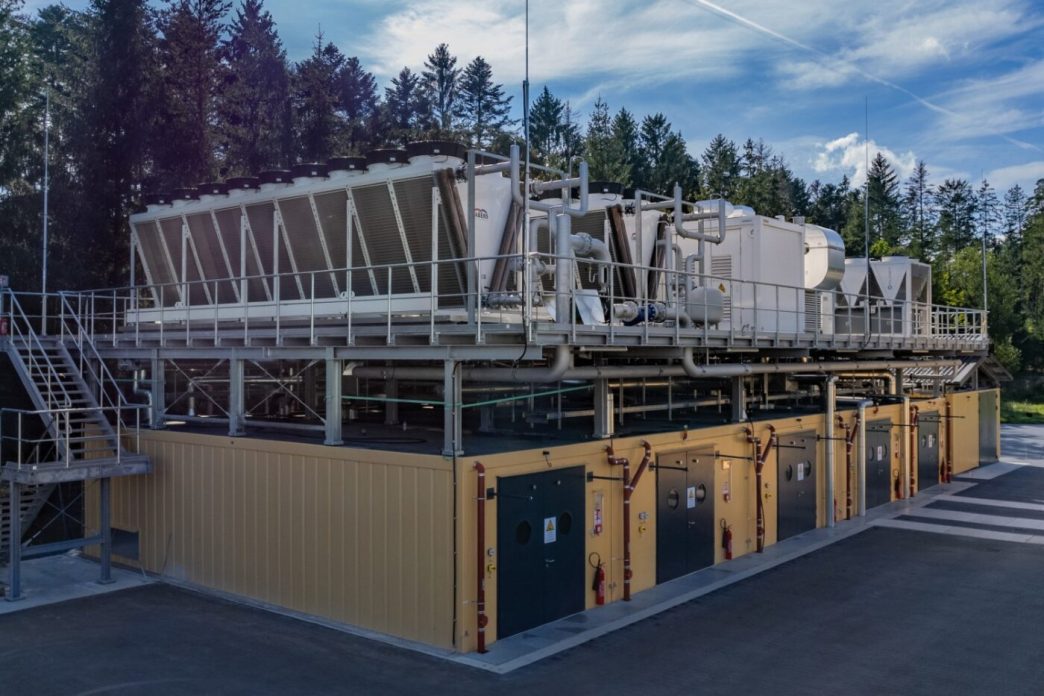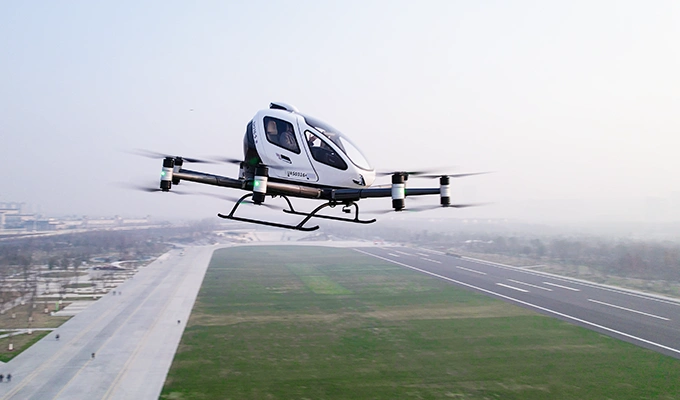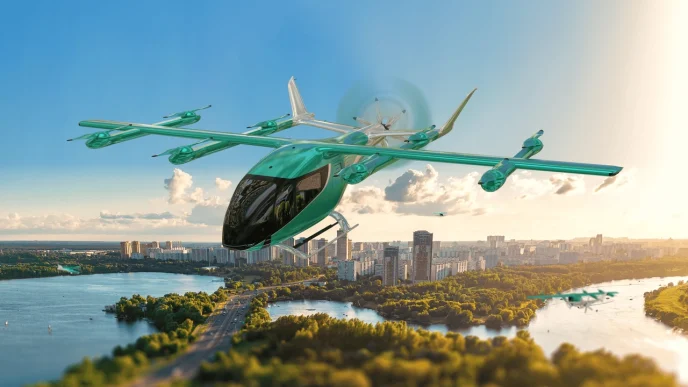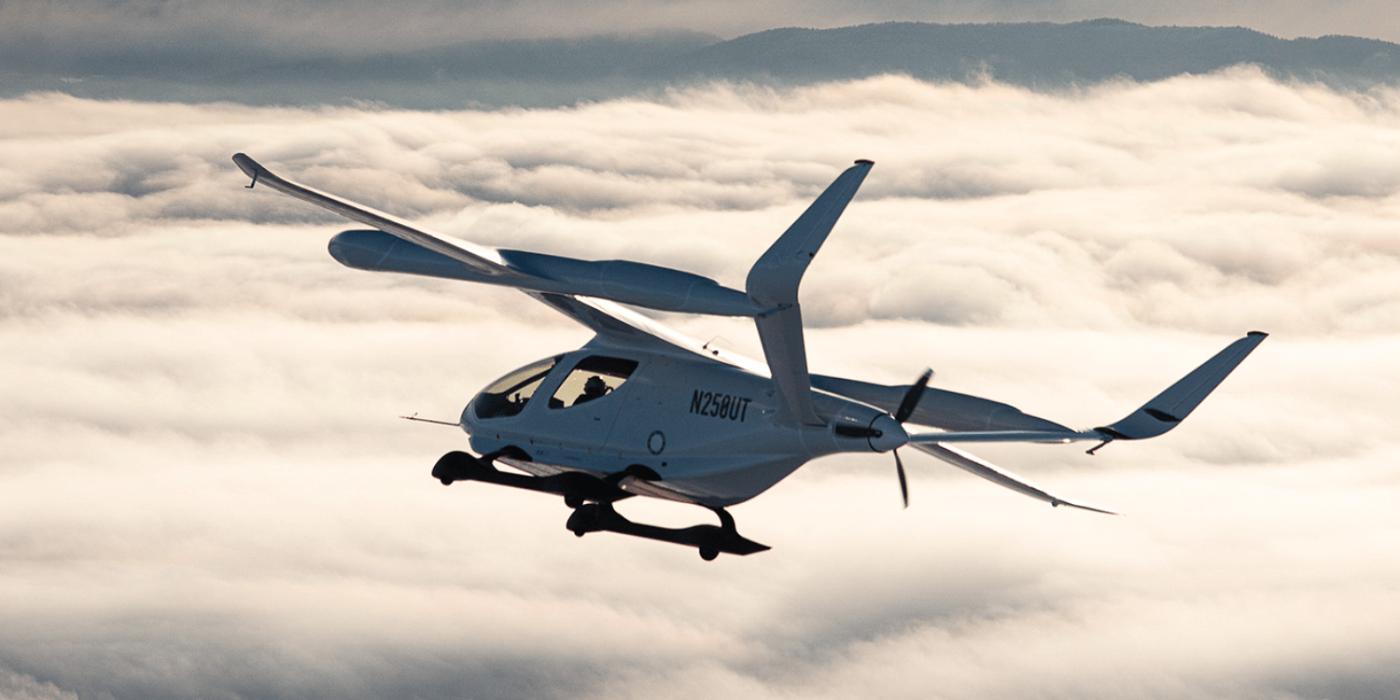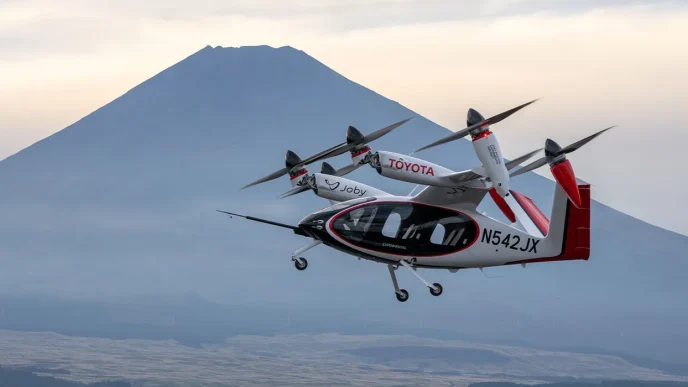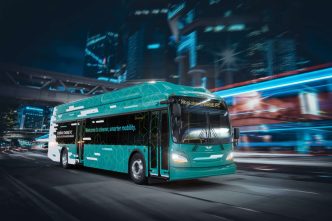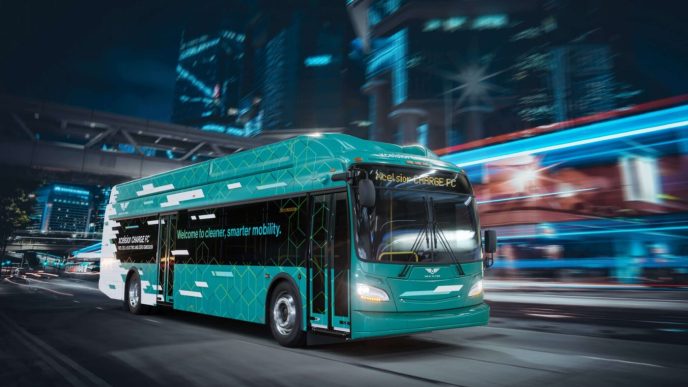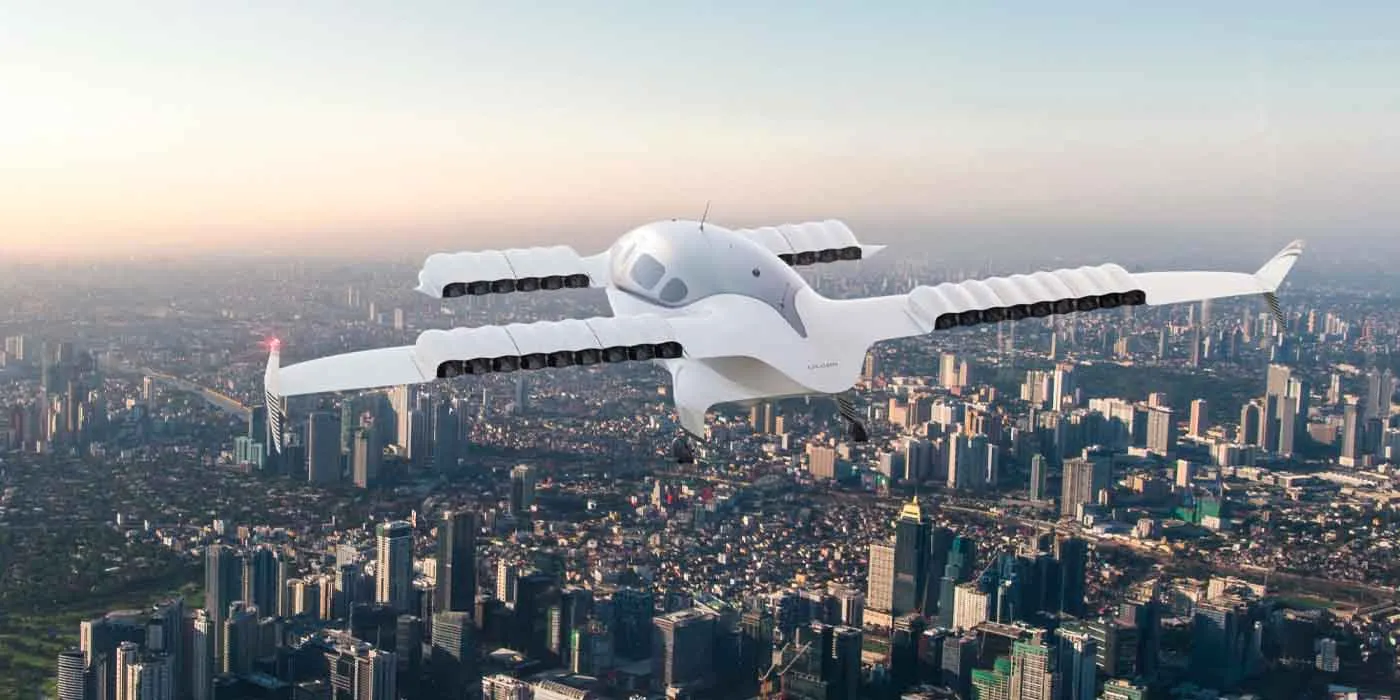The German Aerospace Centre (DLR) has inaugurated its BALIS test field in Empfingen, aiming to advance megawatt-class fuel cell propulsion for ships and aircraft. This facility, located on the Empfingen Innovation Campus in the northern Black Forest, is part of the BALIS project initiated in 2021, focused on developing fuel cell systems with approximately 1.5 megawatts of output. The test field enables research on next-generation, non-commercially available fuel cell systems, allowing for comprehensive analysis of components and entire powertrains.
As one of the first organisations equipped with an in-house electric drive system in the megawatt range, DLR’s setup includes a hydrogen tank, fuel cell assembly, electric motor, and power electronics. The configuration, critical for commercial heavy-duty applications, will undergo tests focused on stability and efficiency under varying load conditions. In addition to powertrain performance, DLR is building infrastructure to manage liquid hydrogen, supported by a €3 million investment, enabling refined handling of LH2 for fuel cell operation.
Funding from the Federal Ministry for Digital and Transport Affairs, totaling €26 million, ensures the test facility’s utilization for the next three years, with collaborations spanning DLR’s spin-off H2FLY, PowerCell, Compact Dynamics, and Air Liquide.
The project also involves partnerships with aviation leaders such as Diehl Aerospace, GE Aerospace, and Deutsche Aircraft. DLR Executive Board member Prof. Karsten Lemmer highlights the BALIS facility as a pivotal platform bridging research and industry to mature propulsion technology from ground tests to eventual commercial aviation applications.
Building on BALIS, the newly launched BALIS 2.0 project, led by H2FLY with DLR and Diehl Aerospace, aims to create a 350 kW aviation-ready fuel cell module by 2025. This module is expected to form the foundation for future megawatt systems, with the potential to power 40- to 80-seat regional aircraft with zero emissions.
Initial testing is slated for the Stuttgart and Empfingen sites, with €9.3 million in funding from the German Federal Ministry for Digital and Transport Affairs supporting these ambitious goals.

